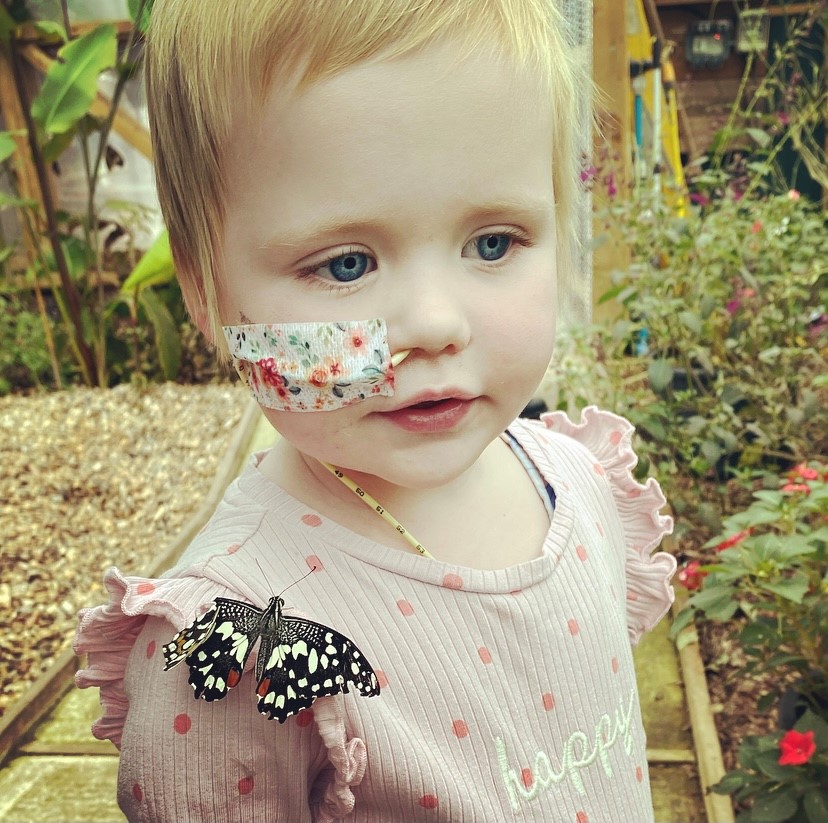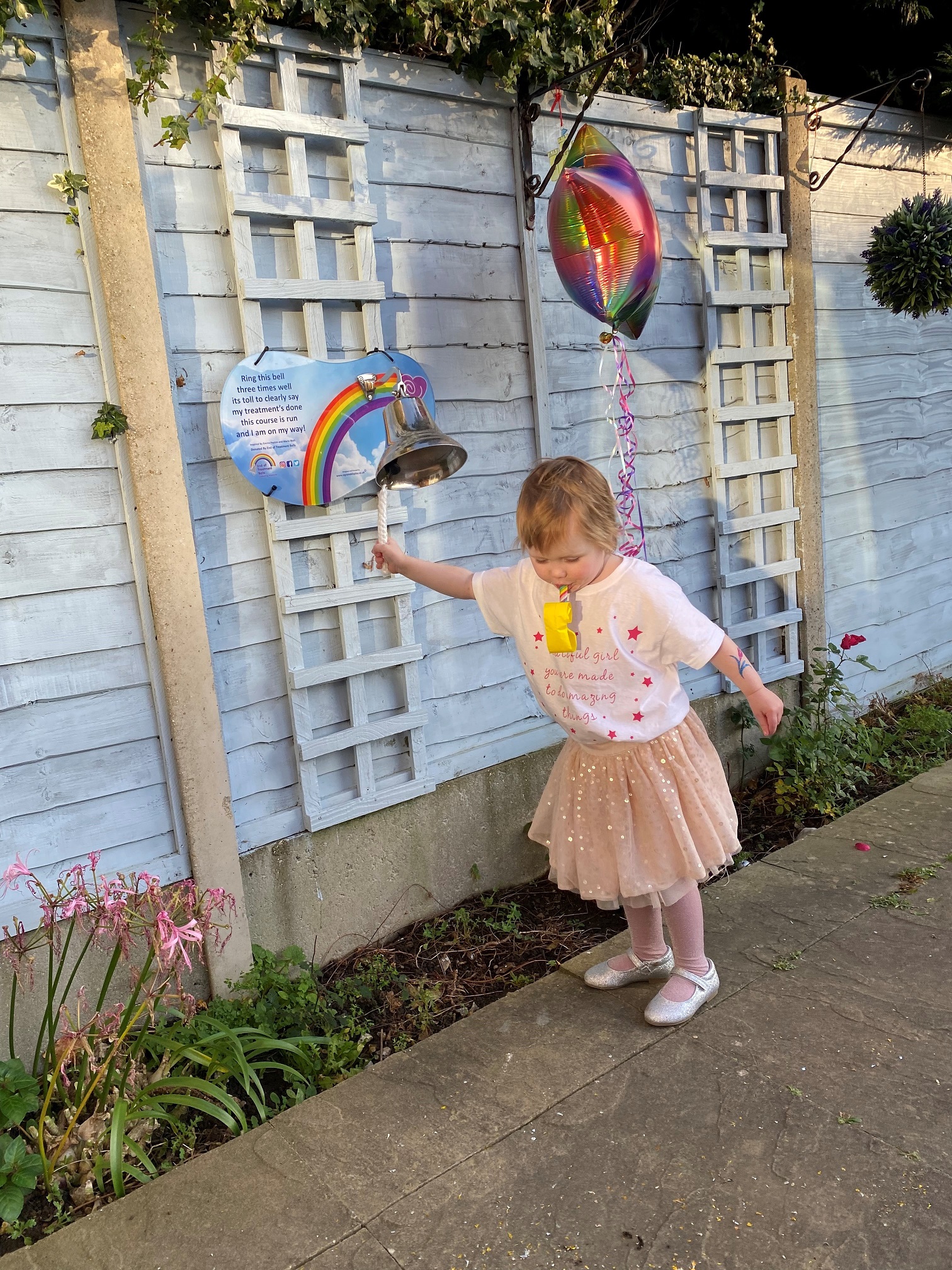Platelet donation
Find out more about switching to platelets
Two-year-old Evie has received eight blood transfusions and nine platelet transfusions along with chemotherapy to treat neuroblastoma. Her mum Kelly tells their story.
Platelets are blood cells that help with clotting and stop bleeding.
Platelet transfusions can help people with cancer and people who’ve lost a lot of blood after an accident, organ transplant or surgery.
One donation can help up to three adults or 12 children.
Nearly 70 per cent of platelet donations are used to help people with cancer.
Kelly says, “Evie was diagnosed with neuroblastoma, a rare childhood cancer, when she was 21 months old. She’s a happy, independent, fun loving four-year-old, she loves anything girly especially unicorns. She loves playing with dolls, she loves Peppa Pig and princesses.
“Evie had eight rounds of chemotherapy as part of her treatment; for every round she needed a blood transfusion and a platelet transfusion as the chemo affected her bone marrow and stopped her being able to produce these for herself.
"After one round of chemo, her platelets were hit really hard so she needed two transfusions. In total she has had eight blood and nine platelet transfusions. Platelets helped give Evie a fighting chance.
"Each time she received the transfusions the colour would come back to her face immediately; her energy levels would dramatically increase, and she responded better to treatment.
“It’s something we never thought would happen to us – childhood cancer. As a child Evie hasn’t carried the worries that we as parents or her brother Harry have; it’s been tough for us all in different ways.
“We’ll always worry, but Evie has finished her treatment now and is doing well.

Platelets last just seven days after they’ve been donated, so we rely on people to donate regularly throughout the year.
Giving platelets takes up to two hours at one of 25 donor centres across England.
You can give platelets much more often than blood because red cells are returned to you during the donation.
If you are interested in donating platelets a simple assessment will be carried out when you next donate blood to check your suitability.
More donors with A negative, AB negative and A positive blood types are needed to join the small community of just 10,000 donors regularly giving platelets across England.
Platelets from donors with these blood types are safe to give to almost everyone and are constantly needed by hospitals.
Living in this world of childhood cancer we have met so many children who rely on platelet transfusions as part of their treatment and they really are needed to save lives

“I would just like to say how important platelets are as part of cancer treatment. We had never heard of platelet transfusions until Evie’s diagnosis.
"As a family we did not realise the importance of this type of donation. Living in this world of childhood cancer we have met so many children who rely on platelet transfusions as part of their treatment and they really are needed to save lives.
People who are donating platelets are making a massive difference and we are incredibly grateful.”
Platelets are small, about one third of the size of a normal red blood cell.
Platelets exist in the circulation for 7-10 days.
Platelets are made in the bone marrow and broken down in the spleen.